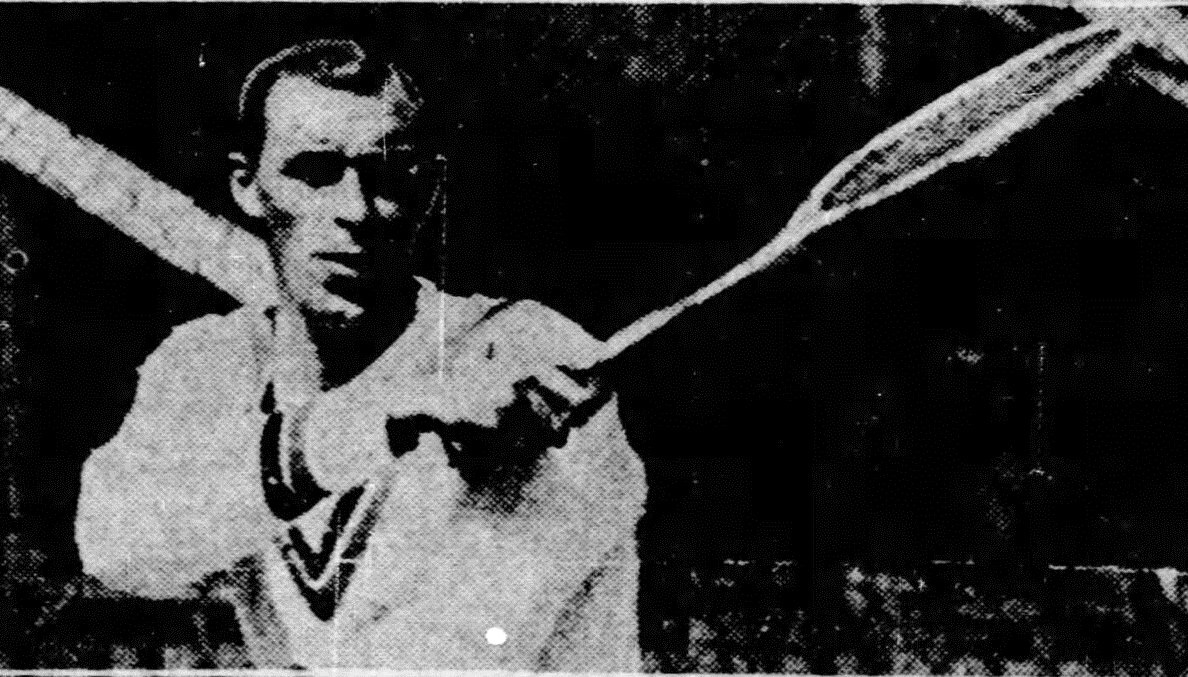I've exaggerated here.
In the Italian sense.
The word esagerare means what exaggerate means in English. To overstate something. But it's usually used for overdoing it, going too far. That's what I've done here. Tempo grande, as they don't say over there.
Having your own website means you can write as much as you like. When I worked for the FIFA museum, I was told articles shouldn't exceed 600 words. I couldn't believe I'd just heard that.
It's online, I said. You're not restricted by the number of pages in a book. They claimed that readers didn't have an attention span longer than 600 - but I'd written countless articles, in hard-copy magazines, at more than that - so this was plain bollocks. I wrote what I wanted to write, it came to over 1,000 words, and they ran it.
On this website, that sort of figure is barely a starting point. Most of the pieces are much longer, because I think they're interesting. So you get 7,000 words on Smith & Carlos, nearly 18,000 on Andrade the footballer - and (wait for it) 93,000 in this one!
Yes, really. Ninety fucking three. I've written shorter novels!
I mean, who's going to want to read that? Especially on a computer screen.
But it became what it is. I didn't get carried away. Again, I wrote what I thought needed writing and no more.
If you don't want to read about a lot of tennis matches, go straight to what this article's all about, starting with the section titled 'love fifteen'.
But I urge you not to do that. There's a wealth of good stuff before it. Not just a match-by-match and not just Bill Tilden. It's essentially the story of the game from the late 1890s to the start of the 1930s and then some. Trust me: there's vivid characters and kit. And some half-decent tennis.
Read it in small blocks. Here's the first.
*
HR Fussell.
No, me neither.
Just a name on a list. Well, names. I don't even know which one he was known by. Henry or Reginald.
There's no clue in the local press of his day. Just initials as so often. His son was Dennis Reginald, so maybe HR was known as Henry, or Harry. Or Reggie.
Whichever, so what? Why write about him? What did he ever do?
Well, this is Wimbledon 1920, and Henry Reginald is about to become a Lee Epperson, a Tunney Hunsaker.
They were the first professional opponents for Rocky Marciano and Muhammad Ali, remembered for nothing else. Epperson was a clever boxer with a good left jab, but that was his only pro fight. The Rock knocked him out in the third. Hunsaker, a police chief, took Ali all the way to a decision.
In his own sport, Fussell was one of those. The first Wimbledon opponent for a player who was about to dominate the decade.
Unlike Epperson and Hunsaker, HR wasn't hand-picked, but he was still expected to be cannon fodder.
In 1919 he'd won a very minor tournament in Sussex. Back in 1903, he'd lost in the first round at Wimbledon. By now, seventeen years later, he was 42 years old.
In a way, you could say his age doesn't come into it, because he was back at the championships for the next three years after this, reaching the fourth round in 1924. In 1922 he lost to Jean Borotra, so he faced two Wimbledon champions there. His son Dennis reached the second round in 1929 before taking over from HR as headmaster of a private prep school.
Right. That's enough of a potted history. What about his opponent, who's been getting the big build-up without being named?
Well, he was an American, and Americans had never won the Wimbledon men's singles. He wasn't even the top American, having lost the last two finals over there. And some said his game was good but erratic. But the crowds came to watch him anyway. Look how tall he is, how upright he walks. Look at the three tennis balls he holds in one hand when he serves. Look at him.
His name was William Tatem Tilden junior.
*
At least that's how he was christened. And he didn't like it.




